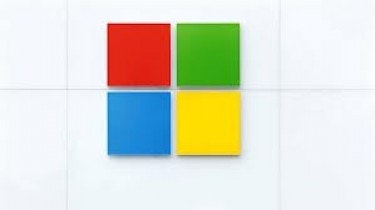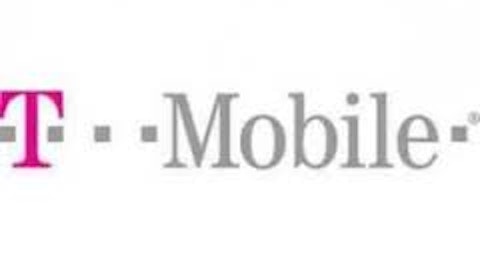
In a bid to counter this, Microsoft Corporation (NASDAQ:MSFT) took it upon itself to come up with a computer tablet that could help it sell its operating software and office applications. The company has also made milestones with its Windows Phone OS, with Nokia Corporation (ADR) (NYSE:NOK) being its largest partner. With the likes of Google Inc (NASDAQ:GOOG)’s Android and Apple Inc. (NASDAQ:AAPL)’s iPads and iPhones out there, however, betting on mobile could be a long shot.
Samsung Electronics maintains the lion’s share of Android device sales and the overall smartphone market, while Apple Inc. (NASDAQ:AAPL)’s iPads maintain the lead in tablets.
Microsoft’s venture into mobile has proven to be more of a challenge than initially expected. This is all because the company somehow let pass the opportunity some years ago.
Cheap Surface RT struggles
Microsoft Corporation (NASDAQ:MSFT) has struggled to penetrate the tablet market with its Cheap 32GB and 64GB Surface RT tablets. I say cheap because it trades at a cheaper price than its counterpart, the Windows 8-powered Surface Pro, which continues to impress despite its high pricing.
The Surface RT devices have been trading at $499 and $649, compared to Surface Pro which sells for $899-$999 for 64GB and 128GB sizes. The Surface RT also trades well below Apple Inc. (NASDAQ:AAPL)’s iPads. Nonetheless, the devices have struggled to sell in the market, with Apple’s iPad being the number one brand of choice. Samsung, Amazon.com, Inc. (NASDAQ:AMZN) and Barnes & Noble, Inc. (NYSE:BKS) also provide a massive competition to Microsoft Corporation (NASDAQ:MSFT) RT with their cheaply-priced tablets.
Microsoft cuts Surface RT prices by $150
On June 15, Microsoft Corporation (NASDAQ:MSFT) announced that it was cutting the prices of Surface RT tablets by $150. The 32GB Surface RT now trades at $349, while the 64 GB unit is priced at $499. To many, this was seen as an attempt to sell off excess inventory as the device continues to struggle to make a significant impact in the market. Soon afterward, the same price cut was replicated in Australia and Europe. The 32GB Surface RT now trades at AU $389 in Australia, down from AU $599. The 64GB version trades at AU $699, down from AU $789.
Will the price cuts help Microsoft penetrate mobile?
Apple’s market share in the tablets shipments business stands at about 43%. Google Inc (NASDAQ:GOOG)’s Android OS, on the other hand, powers a majority of the tablets in the market. Android became the leading tablet OS in 2013 with a 48.8% market share, compared to Apple’s iOS which now has 46%. Windows’ share stood at 2.8%, with Windows RT accounting for just 1.9%. According to estimates, Windows RT is expected to account for about 2.7% of tablets by 2017.
To some extent, the price cuts give the Surface RT leeway to compete with other competitively-priced devices in the market. The new price is below the range of Google Inc (NASDAQ:GOOG)’s Nexus 10 tablets, for instance, which trade at $399 for the 16GB device and $499 for the 32GB device.
The price cut on Surface RT tablets gives the unit a chance to sell in the market, but at the same time, lowers the overall margins from the tablets business unit. The problem is, even after cutting down the price, it is hard to tell whether the Surface RT tablets would match the Surface Pro in terms of sales.
Windows Phone looking good, but still a long way to go
Microsoft Corporation (NASDAQ:MSFT)’s Windows Phone OS looks like the most realistic play for the company as far as its battle to penetrate mobile is concerned. The company maintains its edge as one of the best software manufacturers alongside Apple and Google, albeit on different platforms. Nonetheless, I still believe that Windows Phone, which has already overtaken BlackBerry in terms of market share, could become a competitive player in the future.





